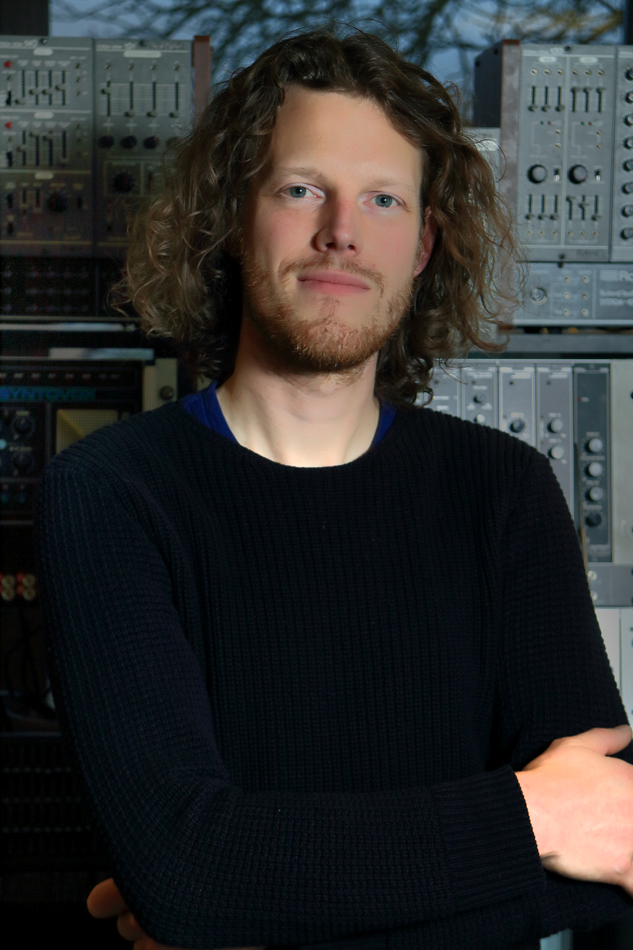At HKU he currently researches and facilitates research in the Sonic Interaction Lab (SiLab) which focuses on the experience of sound in an interactive context. As member of the Music Design Research Programme Sander studies the design of nonlinear music systems and various sonic interaction principles for interactive contexts.
In addition to his research, he is a course leader at the School of Music and Technology and gives lectures about game audio design, nonlinear game music systems, audio games and audio interfacing to music technology, game design and interaction design students.
In his design research investigation Listen! he researched the multi-disciplinary design process of game design and audio design students. The IEZA-framework he co-developed with Richard van Tol defines game audio communication and can be used for the analysis and synthesis (conceptual design) of sound in computer games.
Sander also has expertise on the accessibility of games for gamers with disabilities at the Bartiméus Accessibility Foundation (Netherlands) and is active in the field of accessibility since 2001, developing and researching blind-accessible games. He is also one of the founders of AudioGames.net, a community website for blind gamers and developers of sound-based games.
As one of the founders of creation studio Creative Heroes he initiates projects and develops concepts and connects them with technologies and users. One of these concepts is Gluddle, an engaging game for iOS and Android devices about modern privacy concerns which also explores the various possibilities of using a musical pulse (a game metronome) to time game events. The findings are published as a book chapter in the proceedings of Innovation in Music 2013.
